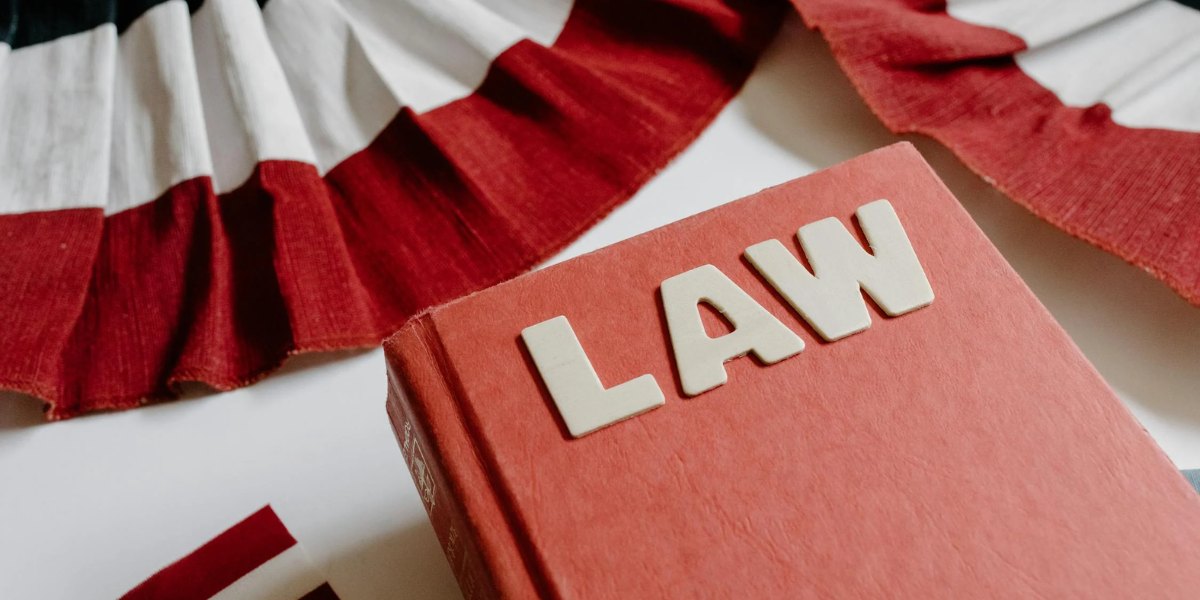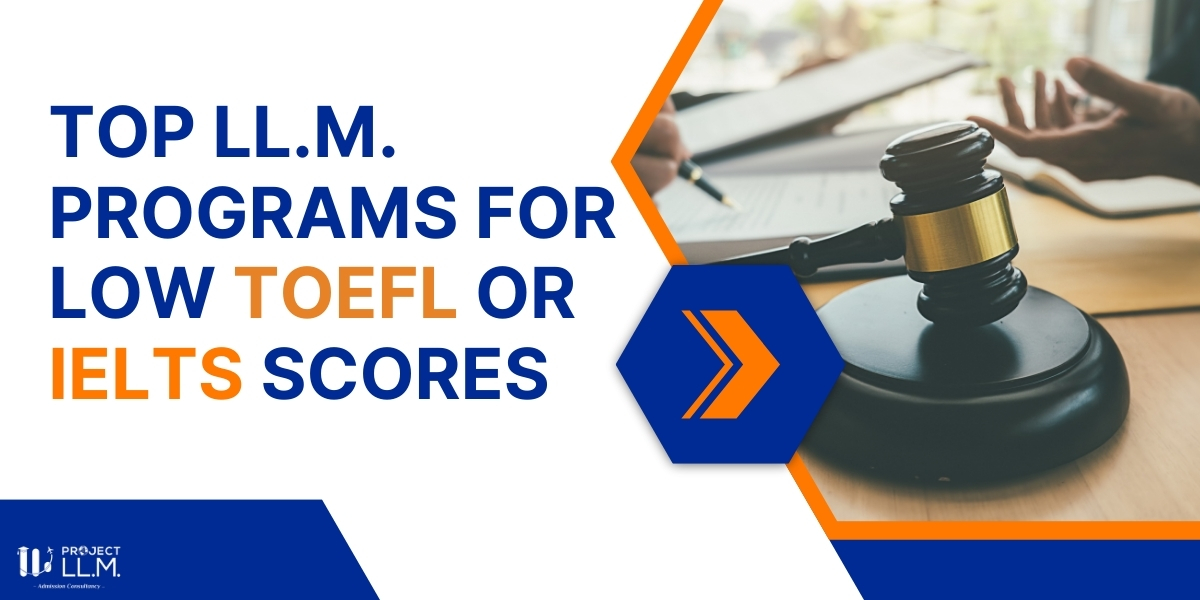Studying law in the United States has become an increasingly popular choice for international students seeking to expand their legal knowledge and professional opportunities. The U.S. offers a diverse legal education system, renowned law schools, and a rich cultural environment that can significantly enhance both personal and professional growth. This comprehensive guide aims to provide an in depth look at everything international law students need to know about pursuing their legal education in the U.S., covering the structure of legal education, admission requirements, visa processes, financial considerations, job opportunities, and cultural experiences. If you are an Indian student seeking to understand the pathway to study law in the United States, this complete guide to the Juris Doctor (JD) program is for you.
Understanding the U.S. Legal Education System

Structure of Legal Education in the USA
The U.S. legal education system is structured in three primary stages:
- Undergraduate Education: Before applying to law school, students must complete a bachelor’s degree. There is no specific major required, but many students choose disciplines such as political science, history, philosophy, or economics to prepare for law school. The emphasis during this stage is on developing critical thinking, analytical skills, and a strong foundation in liberal arts.
- Law School: After obtaining a bachelor’s degree, students enroll in law school to earn a Juris Doctor (JD) degree. The JD program typically lasts three years and includes coursework in core legal subjects, such as contracts, torts, property law, constitutional law, criminal law, and civil procedure. Law schools also offer elective courses, allowing students to specialize in areas of interest, such as international law, environmental law, intellectual property law, and corporate law.
- Post-JD Programs: After obtaining a JD, students may pursue further specialization through Master of Laws (LL.M.) programs. These programs are particularly beneficial for international students who wish to gain a deeper understanding of U.S. law, as well as those seeking to qualify for the bar exam in certain states. Some law schools also offer Doctor of Juridical Science (SJD) programs, which are research-oriented and designed for those interested in academic careers.
Accreditation and Bar Admission
Accreditation is a crucial aspect of U.S. legal education. The American Bar Association (ABA) is the main accrediting body for law schools in the U.S. To be eligible to sit for the bar exam in most states, students must graduate from an ABA-accredited law school. Each state has its own bar admission requirements, which may include passing the bar exam, meeting character and fitness standards, and completing a period of supervised practice. International students should familiarize themselves with the specific requirements of the state where they wish to practice law.
Top Law Schools in the USA
The U.S. is home to some of the world’s most prestigious law schools, known for their rigorous academic programs, influential faculty, and extensive alumni networks. Some of the top law schools include:
- Harvard Law School: Founded in 1817, Harvard is one of the oldest and most prestigious law schools in the world. It offers a diverse range of courses and programs, including opportunities for clinical legal education, research, and public service.
- Yale Law School: Yale is known for its emphasis on interdisciplinary studies, legal theory, and public interest law. The school has a unique grading system that encourages collaboration over competition.
- Stanford Law School: Stanford offers a rigorous curriculum with a strong emphasis on technology and innovation in law. The school also provides numerous opportunities for experiential learning through clinics and externships.
- Columbia Law School: Located in New York City, Columbia Law School is known for its strong connections to the legal and business communities. The school offers a wide range of electives and opportunities for international study.
- University of Chicago Law School: The University of Chicago is renowned for its rigorous approach to legal education and its focus on law and economics. The school offers a distinctive curriculum that emphasizes critical thinking and analytical skills.
Admission Requirements to Study Law in USA
General Requirements
Admission to U.S. law schools is highly competitive and typically requires the following:
- Bachelor’s Degree: Applicants must have a completed undergraduate degree from an accredited institution. While there is no specific major required, coursework that develops critical thinking, writing, and analytical skills is beneficial.
- LSAT Scores: Most law schools require applicants to take the Law School Admission Test (LSAT), which assesses reading comprehension, logical reasoning, and critical thinking skills. The LSAT is a key component of the application process, and a high score can significantly enhance an applicant’s chances of admission.
- Transcripts: Applicants must submit official academic transcripts from all post-secondary institutions attended, demonstrating their academic performance throughout their undergraduate education.
- Letters of Recommendation: Most law schools require two or three letters of recommendation. These letters should come from professors or professionals who can speak to the applicant’s abilities, work ethic, and potential for success in law school.
- Personal Statement: A personal statement is a critical part of the application process. This essay should articulate the applicant’s motivations for studying law, career goals, and any relevant experiences that have shaped their interest in the legal profession.
Special Considerations for International Students
International students may have additional requirements when applying to U.S. law schools, including:
- English Proficiency Test Scores: Non-native English speakers must demonstrate proficiency in English through standardized tests like the TOEFL (Test of English as a Foreign Language) or IELTS (International English Language Testing System). Many law schools have minimum score requirements for admission.
- Credential Evaluation: Some law schools require international applicants to have their academic credentials evaluated to ensure they meet U.S. standards. This evaluation typically involves translating foreign transcripts and assessing their equivalency to U.S. degrees.
USA Student Visa Requirements
Obtaining an F-1 Student Visa
To study law in the U.S., international students must obtain an F-1 student visa. The process involves several important steps:
- Acceptance to a Law School: Students must first receive an admission offer from an accredited law school in the U.S. Upon acceptance, the school will provide an I-20 form, which is essential for the visa application.
- SEVIS Fee Payment: After receiving the I-20 form, students must pay the SEVIS I-901 fee for registration in the Student and Exchange Visitor Information System. This fee is mandatory for all F-1 visa applicants.
- Visa Application: Students must complete the DS-160 form online and schedule a visa interview at the nearest U.S. embassy or consulate. It’s essential to prepare for the interview by gathering the required documentation and understanding the purpose of the visit.
Required Documents for Visa Interview
To successfully obtain an F-1 visa, applicants must present several documents during their visa interview, including:
- Valid Passport: The passport must be valid for at least six months beyond the intended date of entry into the U.S.
- Form I-20: The official acceptance letter from the law school confirming enrollment and detailing the program of study.
- SEVIS Payment Receipt: Proof of payment for the SEVIS I-901 fee.
- Financial Documentation: Evidence of the applicant’s ability to cover tuition and living expenses while studying in the U.S. This may include bank statements, scholarship letters, or affidavits of support from family members.
- Visa Interview Appointment Confirmation: A confirmation of the appointment for the visa interview.
Financial Considerations
Tuition and Living Costs
Studying law in the U.S. represents a significant financial commitment. Here’s a breakdown of typical costs:
- Tuition Fees: Tuition for law schools can range from $20,000 to over $70,000 per year. Public universities typically have lower tuition rates for in-state students, while private law schools often charge higher tuition fees.
- Living Expenses: Students should budget between $10,000 and $20,000 annually for living costs, which vary significantly based on the city and lifestyle. Major cities like New York, San Francisco, and Los Angeles tend to have higher living expenses compared to smaller towns.
- Health Insurance: International students are generally required to have health insurance, which can cost approximately $1,000 to $2,000 per year. Many universities offer health insurance plans specifically for international students.
Scholarships and Financial Aid
Many law schools in the U.S. offer scholarships and financial aid to help international students offset the cost of their education. Notable scholarship opportunities include:
- Fulbright Program: This prestigious program provides funding for international students pursuing graduate study in the U.S. It promotes cultural exchange and mutual understanding.
- LL.M. Scholarships: Various law schools offer scholarships to attract international students to their LL.M. programs, which can help reduce tuition costs. These scholarships may be merit-based or need-based.
- Institutional Scholarships: Many law schools have their own scholarship programs for incoming students. Applicants should check with their prospective schools for available scholarships and application deadlines.
- External Scholarships: Numerous organizations and foundations provide scholarships specifically for international students studying law. Researching these opportunities can yield additional financial support.
Job Opportunities in USA
Employment While Studying
International students on an F-1 visa can work under specific conditions:
- On-Campus Employment: F-1 visa holders are permitted to work on-campus up to 20 hours per week during the academic year and full-time during school breaks. On-campus employment includes positions at the university library, research assistant roles, and administrative jobs.
- Curricular Practical Training (CPT): CPT allows students to gain practical experience in a position related to their field of study while still enrolled in law school. Students must receive approval from their law school and the U.S. Citizenship and Immigration Services (USCIS) before participating in CPT.
Post-Graduation Work Options
After graduation, international law students have several options for employment in the U.S.:
- Optional Practical Training (OPT): Graduates on an F-1 visa can apply for OPT, which allows them to work in the U.S. for up to 12 months in a job related to their field of study. Students in STEM (Science, Technology, Engineering, and Mathematics) fields may be eligible for a 24-month extension, allowing them to work for a total of 36 months.
- H-1B Visa: After completing OPT, international students may seek employment sponsorship through an H-1B visa, which allows foreign workers to be employed in specialty occupations. Employers must submit a petition on behalf of the employee, and there is an annual cap on the number of H-1B visas issued.
- Bar Admission: International students who have completed a JD or LL.M. from an ABA-accredited law school may be eligible to take the bar exam in certain states. Passing the bar exam is essential for those wishing to practice law in the U.S.
Types of Employment Opportunities
Graduates from U.S. law schools can pursue a variety of legal careers, including:
- Corporate Law: Working for corporations, advising on business transactions, regulatory compliance, and intellectual property issues.
- Public Interest Law: Engaging in advocacy work for non profit organizations, focusing on social justice, civil rights, and environmental issues.
- Government Positions: Serving as legal advisors or prosecutors in local, state, or federal government agencies.
- International Law: Working for international organizations, NGOs, or law firms with a global focus, dealing with issues such as human rights, trade, and diplomatic relations.
- Academia: Pursuing academic careers in law schools or research institutions, contributing to legal scholarship and teaching the next generation of lawyers.

Cultural and Networking Opportunities
Studying law in the U.S. offers numerous cultural experiences and networking opportunities that can enhance a student’s education and career prospects.
Law Clinics and Externships
Many law schools have legal clinics that provide students with hands-on experience in representing clients and working on real cases. These clinics often focus on specific areas of law, such as immigration, family law, or environmental law. Participating in a clinic allows students to apply their theoretical knowledge in a practical setting while also serving the community.
Externships offer students the chance to work in law firms, government agencies, or non-profit organizations during their studies. These opportunities provide valuable work experience, enhance legal skills, and often lead to job offers upon graduation.
Student Organizations and Associations
Joining student organizations related to law can greatly enhance the educational experience. Many law schools have associations for specific interests, such as international law, environmental law, or public interest law. These organizations host events, workshops, and networking opportunities, allowing students to connect with peers and professionals in their fields of interest.
Conferences and Workshops
Attending legal conferences and workshops exposes students to current legal issues and trends. These events often feature prominent speakers, including judges, practitioners, and academics, and provide a platform for students to engage in discussions about pressing legal matters. Networking at these events can lead to valuable connections and potential job opportunities.
Cultural Experiences
Studying in the U.S. allows international students to immerse themselves in a diverse cultural landscape. Students can explore various regions, cuisines, and traditions, enhancing their understanding of the legal and social context in which they will be practicing law. Engaging in cultural activities, such as volunteering, participating in community events, or joining clubs, can also enrich the overall experience.
Conclusion
Studying law in the United States presents an exceptional opportunity for international students to access high-quality legal education, diverse cultural experiences, and extensive professional networks. Although the process can be complex, understanding the structure of legal education, admission requirements, visa processes, and financial considerations can help students navigate their journey successfully.
With a wealth of opportunities available, including scholarships, clinical programs, and networking events, international law students can make the most of their time in the U.S. By embracing this unique experience, students can pave the way for a successful career in law, equipped with the skills, knowledge, and global perspective necessary to thrive in an increasingly interconnected world.



